COIN-Focus #1: RESSPECT – France – 2019

The Cosmostatistics Initiative (COIN) is an international network which aims to create an interdisciplinary environment where collaborations between astronomers, statisticians and machine learning experts can flourish. The group utilizes a management model which can find parallel in technological start-ups: based on a dynamic, non-hierarchical and people-centric approach.
Are classification metrics good proxies for SN Ia cosmological constraining power?

We emulate photometric SN Ia cosmology samples with controlled contamination rates of individual contaminant classes and evaluate each of them under a set of classification metrics. We then derive cosmological parameter constraints from all samples under two common analysis approaches and quantify the impact of contamination by each contaminant class on the resulting cosmological parameter estimates. We observe that cosmology metrics are sensitive to both the contamination rate and the class of the contaminating population, whereas the classification metrics are insensitive to the latter. We therefore discourage exclusive reliance on classification-based metrics for cosmological analysis design decisions, e.g. classifier choice, and instead recommend optimizing using a metric of cosmological parameter constraining power.
Active Learning with RESSPECT

The Recommendation System for Spectroscopic follow-up (RESSPECT) project aims to enable the construction of optimized training samples for the Rubin Observatory Legacy Survey of Space and Time (LSST), taking into account a realistic description of the astronomical data environment. In this work, we test the robustness of active learning techniques in a realistic simulated astronomical data scenario. Our experiment takes into account the evolution of training and pool samples, different costs per object, and two different sources of budget. Results show that traditional active learning strategies significantly outperform random sampling.
